Enterococcus Faecium Probiotic for Your Dog
- Enterococcus faecium is a beneficial probiotic bacterium that helps restore and maintain healthy gut flora in dogs, especially after antibiotic treatment.
- This probiotic strain strengthens your dog's immune system, with studies showing up to 80% of immune function is linked to gut health.
- E. faecium effectively resolves common canine digestive issues, including diarrhoea, loose stools, and nutrient absorption problems.
- Dogs experiencing stress, ageing issues, or those recovering from illness benefit most from E. faecium supplementation.
- JPS Natural Pet Supplements offers specially formulated products containing optimal strains of E. faecium to support your dog's digestive health.
Your dog's gut health is the foundation of their overall well-being, yet it's often overlooked until problems arise. Enterococcus faecium, a potent probiotic, could be the missing piece in your canine's health puzzle, particularly if they've been suffering from digestive issues or a weakened immune system.
Unlike temporary fixes that mask symptoms, this beneficial bacterium addresses the root cause of many health concerns by restoring balance to your dog's digestive tract. When your dog's gut microbiome thrives, you'll notice improvements not just in digestion but in their energy levels, coat quality, and even behaviour.
Quick Facts About Enterococcus Faecium for Dogs
Enterococcus faecium is a gram-positive lactic acid bacterium naturally found in the intestinal tract of healthy dogs. It's classified as a beneficial probiotic that helps maintain digestive balance and supports immune function. Veterinary research has consistently shown it to be one of the most effective probiotic strains for canine health, especially for digestive and immune support.
Enterococcus faecium

These beneficial bacteria create a hostile environment for harmful pathogens by producing lactic acid and bacteriocins, which are natural antibacterial compounds. When administered properly, E. faecium colonises the intestinal tract within 3-5 days and can remain effective for several weeks after supplementation stops.
What Is Enterococcus Faecium and Why Your Dog Needs It
Enterococcus faecium is a species of probiotic bacteria that naturally resides in your dog's digestive tract. These microscopic allies work tirelessly to maintain gut health by competing with harmful bacteria for resources and attachment sites on intestinal walls. Unlike some supplements that pass through the system, E. faecium actually colonises the gut, providing ongoing benefits long after administration.
The Science Behind This Powerful Probiotic
The science supporting E. faecium's benefits is robust and growing. This probiotic works through multiple mechanisms to support canine health. It produces antimicrobial compounds called bacteriocins that inhibit the growth of pathogenic bacteria. Additionally, it strengthens the intestinal barrier function, preventing leaky gut syndrome, which can lead to systemic inflammation and autoimmune issues.
Research published in veterinary journals has demonstrated that E. faecium can reduce inflammatory markers in the canine gut and increase the production of short-chain fatty acids that nourish intestinal cells. One particular strain, E. faecium SF68, has been extensively studied for its ability to enhance immune response in dogs, with clinical trials showing improved antibody production following vaccination in dogs receiving this probiotic.
How E. Faecium Differs from Other Canine Probiotics
While many probiotics offer digestive benefits, E. faecium stands apart due to its remarkable resilience. This hardy probiotic survives the harsh acidic environment of the stomach, allowing it to reach the intestines where it's most needed. Unlike more delicate probiotics such as some Lactobacillus strains, E. faecium doesn't require refrigeration and maintains potency in shelf-stable supplements.
E. faecium also has a unique ability to adhere to intestinal mucosa more effectively than many other probiotics, allowing it to establish colonies rather than simply passing through. Its ability to produce specific bacteriocins targets particular pathogenic bacteria that commonly cause digestive upset in dogs, making it more specialised than broader-spectrum probiotics. For those interested in supporting their pet's digestive health, consider exploring JP's Doggie Fibre, which contains Enterococcus faecium, probiotics and zeolite for dogs.
What truly sets E. faecium apart is its ability to modulate the immune system through interaction with gut-associated lymphoid tissue (GALT). This interaction helps train your dog's immune system to respond appropriately to threats while reducing unnecessary inflammatory responses that can damage healthy tissue.
5 Major Digestive Problems E. Faecium Solves in Dogs
Dogs suffer from digestive issues more frequently than most owners realise, often suffering in silence. Many common digestive problems that frustrate dog owners can be addressed with consistent E. faecium supplementation. Let's explore the five most significant digestive issues this probiotic can help resolve, potentially transforming your dog's health and comfort.
1. Diarrhoea and Loose Stools
Chronic diarrhoea is one of the most common and distressing digestive issues dogs experience, affecting both their quality of life and your household cleanliness. E. faecium works to firm up loose stools by competing with diarrhoea-causing pathogens and strengthening the intestinal lining. Clinical studies have shown improvements in stool consistency in as little as 48 hours after beginning supplementation with appropriate strains of this probiotic. For acute diarrhoea where your dog is otherwise well, then use a dog probiotic paste that contains Enterococcus faecium and Bentonite clay. The diarrhoea will usually resolve within 24-36 hours. If it does not, then consult your Vet. I recommend keeping this in your emergency dog cabinet.
For acute diarrhoea in otherwise well dogs use a probiotic paste for dogs
The probiotic accomplishes this by restoring the balance of microflora in the colon, which improves water absorption and normalises intestinal transit time. For dogs with recurring soft stools that aren't quite diarrhoea but not properly formed either, E. faecium can provide the gut stability needed for consistently firm, healthy bowel movements. For chronic diarrhoea, use JP's Doggie Fibre powder that can be used long-term.
2. Post-Antibiotic Gut Flora Disruption
Antibiotics, while sometimes necessary for treating bacterial infections, can devastate your dog's gut microbiome by killing off beneficial bacteria alongside harmful ones. This disruption often leads to digestive upset, opportunistic infections, and a compromised immune system. E. faecium is particularly valuable following antibiotic treatment because it quickly recolonises the gut with beneficial bacteria, preventing harmful organisms from taking hold in the newly vacated intestinal real estate.
Research shows that dogs receiving E. faecium supplements during and after antibiotic treatment experience 60% fewer secondary digestive issues compared to those who don't receive probiotic support. The recovery of normal gut function typically occurs twice as fast when this specific probiotic is administered within 24 hours of completing antibiotic therapy.
3. Food Sensitivities and Digestive Upset
Many dogs suffer from food sensitivities that manifest as digestive upset, with symptoms ranging from excessive gas to vomiting. E. faecium helps address these issues by strengthening the gut barrier function, which prevents partially digested food particles from triggering immune responses. The probiotic also aids in breaking down certain food components that might otherwise cause reactions, particularly proteins and complex carbohydrates that can be challenging for sensitive dogs to digest.
Dogs with food sensitivities often show marked improvement within 2-3 weeks of daily E. faecium supplementation, with reduced incidents of vomiting decreasing by up to 70% in some cases. The probiotics' anti-inflammatory properties also help calm intestinal inflammation, relieving discomfort and improving overall digestive comfort.
4. Poor Nutrient Absorption
Dogs experiencing weight loss despite adequate food intake or those with dull coats and low energy may be suffering from poor nutrient absorption. E. faecium enhances nutrient uptake by improving the health and function of intestinal villi—the tiny finger-like projections that absorb nutrients into the bloodstream. By creating an optimal pH environment in the gut, this probiotic also increases the bioavailability of minerals like calcium, magnesium, and iron.
Improved nutrient absorption typically manifests as increased energy levels within the first week of supplementation, followed by gradual improvements in coat quality and muscle tone over 4-8 weeks. For senior dogs, especially, this enhanced nutritional efficiency can significantly improve quality of life and vitality.
5. Recurring Yeast Infections
Chronic yeast overgrowth, particularly Candida species, causes significant discomfort for many dogs, resulting in itchy skin, ear infections, and even digestive issues. E. faecium helps combat yeast overgrowth by competing for resources and creating an intestinal environment that's less hospitable to fungal pathogens. The probiotic produces natural antifungal compounds that specifically target Candida without disrupting beneficial microorganisms.
Dogs with recurring yeast issues often show significant improvement after 3-4 weeks of consistent E. faecium supplementation, with visible reduction in skin inflammation and decreased frequency of ear infections. The benefit extends beyond symptom relief, as addressing the gut imbalance that often underlies these infections helps prevent recurrence in the long term.
Key Health Benefits of E. Faecium Supplementation
Beyond resolving specific digestive problems, E. faecium offers a wide range of health benefits that can enhance your dog's overall well-being. These benefits extend far beyond the digestive tract, influencing everything from immune function to skin health. Regular supplementation creates a foundation for optimal health that can help your dog thrive throughout their life stages.
Strengthens Immune Function
Approximately 70-80% of your dog's immune system resides in their gut, making digestive health inseparable from immune function. E. faecium directly interacts with immune tissue in the intestines, helping to train and regulate immune responses. This probiotic stimulates the production of secretory IgA antibodies that form a protective barrier against pathogens trying to enter through the gut lining.
Dogs receiving regular E. faecium supplementation show measurably stronger responses to vaccinations and fewer respiratory infections. Studies demonstrate that puppies given this probiotic develop more robust immune systems with better pathogen recognition and response capabilities. For older dogs, the immune-modulating effects can help reduce inflammatory conditions and autoimmune tendencies that become more common with age.
Benefits of Enterococcus faecium powder for dogs
Improves Stool Quality and Anal Gland Function
Firm, well-formed stools are essential for proper anal gland expression during defecation. E. faecium improves stool consistency by enhancing water absorption in the colon and promoting the formation of proper stool bulk. This firmer stool naturally compresses the anal glands during defecation, allowing for regular emptying and preventing the painful impactions that many dog owners are all too familiar with.
Dogs prone to anal gland issues typically show significant improvement within 10-14 days of consistent E. faecium supplementation. Many owners report a 50-70% reduction in veterinary visits for manual anal gland expression after implementing regular probiotic therapy with this specific bacterial strain.
Reduces Gas and Bloating
Excessive gas production makes life uncomfortable for both dogs and their owners. E. faecium helps reduce flatulence by improving digestive efficiency and reducing fermentation of undigested food in the large intestine. The probiotic breaks down complex carbohydrates that dogs often struggle to digest fully, preventing these substances from reaching the colon, where gas-producing bacteria would normally ferment them.
Most dogs experience a noticeable reduction in gas within 3-5 days of beginning E. faecium supplementation. This improvement happens because the probiotic actively displaces gas-producing bacterial species while enhancing the activity of digestive enzymes in the small intestine, ensuring more complete digestion before food reaches the colon.
Helps Fight Harmful Bacteria
E. faecium acts as a natural antibiotic alternative by producing bacteriocins—specialised proteins that target and eliminate harmful bacteria. This competitive inhibition helps prevent colonisation by pathogens like E. coli, Salmonella, and Clostridium without disrupting beneficial bacteria. Unlike pharmaceutical antibiotics, this natural approach maintains microbial diversity while selectively reducing harmful populations. For more on natural digestive support, check out this Natural Doggie Fibre.
This protective mechanism is especially valuable for dogs exposed to potential pathogens, such as those who visit dog parks, boarding facilities, or participate in competitions. The bacteriocins produced by E. faecium can remain active in the intestinal tract for up to 72 hours after production, creating an ongoing protective effect even between supplement doses.
When Your Dog Needs Enterococcus Faecium
While beneficial for all dogs, certain situations make E. faecium supplementation particularly valuable. Understanding these key scenarios helps you provide targeted support when your dog needs it most, maximising the health benefits of this powerful probiotic.
After Antibiotic Treatment
Antibiotics can't distinguish between beneficial and harmful bacteria, often leaving your dog's gut depleted of crucial microflora. Administering E. faecium immediately following antibiotic treatment helps prevent the digestive upset, diarrhoea, and secondary infections that commonly occur during this vulnerable period. Begin supplementation on the last day of antibiotics rather than waiting until digestive symptoms appear for the best protective effect.
Research shows that dogs receiving probiotics during and after antibiotic therapy recover their normal gut function up to 65% faster than those who don't. This accelerated recovery reduces the risk of opportunistic infections and helps restore normal appetite and energy levels more quickly.
During Times of Stress
Stress directly impacts gut health by altering motility, secretions, and the microbial balance of the intestines. Travelling, boarding, moving to a new home, the addition of new family members (human or animal), or changes in routine can all trigger stress-related digestive upset in dogs. E. faecium helps maintain gut stability during these challenging times by reinforcing the beneficial bacterial population and preventing stress-induced dysbiosis.
Proactive supplementation beginning 3-5 days before anticipated stressful events can significantly reduce the likelihood of digestive upset. For dogs with anxiety-related digestive issues, ongoing supplementation often reduces the frequency and severity of stress-triggered diarrhoea by up to 70%.
For Ageing Dogs
Senior dogs experience natural changes in gut flora composition and digestive efficiency that can lead to nutrient malabsorption and immune system decline. E. faecium supplementation helps counteract these age-related changes by maintaining a healthy microbial balance and supporting the intestinal barrier function that typically weakens with age. The immune-enhancing properties become especially valuable for older dogs whose natural defences may be diminishing.
Dogs over seven years of age show particularly strong responses to E. faecium supplementation, with measurable improvements in nutrient absorption and immune function markers within 3-4 weeks. Many owners report their senior dogs display increased energy and improved coat quality following consistent probiotic therapy.
For Puppies with Developing Gut Flora
Puppies are born with essentially sterile digestive tracts that gradually develop a complex microbiome during their first few months of life. Introducing E. faecium during this critical development period helps establish a robust, balanced gut flora that supports optimal growth and immune system development. This early intervention can help prevent digestive sensitivities from developing and provide protection during the vulnerable weaning period.
Studies show that puppies receiving appropriate probiotic supplementation during their first 16 weeks develop significantly more diverse gut microbiomes and display fewer digestive upsets during growth phases and food transitions. This early microbial programming may provide lifelong benefits for digestive resilience and immune function.
How to Give E. Faecium to Your Dog
Effective probiotic therapy depends not just on choosing the right supplement but also on proper administration. Understanding the available forms, correct dosing, and optimal timing ensures your dog receives the maximum benefit from E. faecium supplementation.
Available Forms: Powders, Tablets, and Pastes
E. faecium supplements come in various formulations, each with specific advantages. Powder forms mix easily with food and allow for precise dosing adjustments but may have a shorter shelf life once opened. Tablets offer convenience and precise dosing but can be challenging to administer to reluctant dogs. Pastes provide exceptional palatability and are ideal for acute situations requiring rapid administration, though they may contain additional ingredients that some sensitive dogs might not tolerate.
For dogs with ongoing digestive issues, powder formulations typically provide the most consistent results because they distribute evenly throughout food, ensuring complete consumption. For travel or emergencies, pastes offer superior convenience and rapid action when immediate support is needed.
Correct Dosing by Weight
Proper dosing of E. faecium depends primarily on your dog's size and the specific formulation you're using. Most quality supplements provide clear weight-based dosing guidelines. Still, the general recommendation is 1-5 billion CFU (colony-forming units) daily for small dogs under 25 pounds, 5-10 billion CFU for medium dogs between 25-50 pounds, and 10-20 billion CFU for large dogs over 50 pounds. For acute digestive issues, these doses can often be safely doubled for the first 3-5 days before returning to maintenance levels.
When introducing E. faecium, start with half the recommended dose for the first 2-3 days to allow your dog's system to adjust gradually. This approach minimises the likelihood of temporary gas or mild digestive adjustment symptoms that occasionally occur when beginning probiotic therapy.
Best Times to Administer
Timing significantly impacts the effectiveness of E. faecium supplementation. For maximum colonisation potential, administer probiotics with a small amount of food rather than on an empty stomach or with a full meal. This approach provides enough food to buffer stomach acid slightly without diluting the probiotic too much in a large volume of food. Morning administration often provides optimal benefits as it allows the probiotic to work throughout your dog's most active hours.
For dogs taking medications, separate probiotic administration by at least 2 hours from antibiotics and at least 1 hour from other medications unless specifically directed otherwise by your veterinarian. This separation prevents potential interactions that might reduce the effectiveness of either the medication or the probiotic.
What to Look for in Quality E. Faecium Supplements
Not all E. faecium supplements deliver the same benefits. The quality, potency, and formulation significantly impact effectiveness. Understanding what differentiates premium products from inferior options helps you make informed choices for your dog's health.
CFU Count and What It Means
CFU (colony-forming unit) count indicates the number of viable, active probiotic organisms in each dose. Quality supplements clearly state the guaranteed CFU count at the time of expiration rather than just at manufacturing. Look for products guaranteeing at least 1 billion CFU per serving for small dogs, with proportionally higher counts for larger breeds. Products advertising "proprietary blends" without specifying CFU counts should generally be avoided as they may contain insignificant amounts of active probiotics.
Higher CFU counts don't always mean better results—the specific strain, formulation stability, and inclusion of supporting ingredients often matter more than sheer numbers. A well-formulated product with 5 billion CFU of a clinically proven strain will typically outperform a generic product with 20 billion CFU of an unspecified strain.
Strain Identification
The most effective E. faecium supplements clearly identify the specific strain used, not just the species. Strains like SF68 (NCIMB 10415) and DSM 10663 have substantial research supporting their benefits for dogs. These identified strains have been selected for their ability to survive the digestive process and colonise the canine intestinal tract effectively. Products that only list "Enterococcus faecium" without strain identification may contain unresearched variants with unpredictable colonisation ability.
Premium products often provide references to clinical studies supporting their specific strain's efficacy. This transparency indicates manufacturer confidence in their product's performance and demonstrates a commitment to science-based formulation rather than marketing hype.
Additional Beneficial Ingredients
High-quality E. faecium supplements often include complementary ingredients that enhance effectiveness. Prebiotics like FOS (fructooligosaccharides) or inulin provide food specifically for beneficial bacteria, helping them establish colonies more effectively. Digestive enzymes may be included to improve overall digestive function, particularly in formulations designed for senior dogs or those with chronic digestive issues. Some products contain multiple probiotic strains that work synergistically with E. faecium for broader benefits.
Be cautious of products containing unnecessary fillers, artificial colours, or flavouring agents that might trigger sensitivities in some dogs. The best supplements maintain a clean ingredient profile focused on therapeutic components rather than aesthetic or palatability enhancers that don't contribute to efficacy.
Shelf Stability and Storage Requirements
Quality E. faecium supplements utilise microencapsulation or other protective technologies to ensure the probiotics remain viable without refrigeration. These stabilised formulations maintain potency for 18-24 months when stored properly, making them practical for everyday use. Products requiring constant refrigeration may be inconvenient for travel and may indicate fewer stable formulations that could lose potency quickly if storage conditions aren't perfect.
Real Results: How Long Until You See Improvement
Setting realistic expectations about the timeline for improvement helps you evaluate whether E. faecium supplementation is working effectively for your dog. While some benefits appear quickly, others develop gradually as the gut microbiome rebalances and intestinal health improves. Understanding this progression helps you maintain consistency with supplementation long enough to see the full range of benefits.
Immediate Relief Signs
Many dogs show initial improvements within 24-72 hours of beginning E. faecium supplementation, particularly for acute digestive issues like diarrhoea or gas. The first noticeable signs typically include firmer stool consistency, reduced flatulence, and improved appetite. Dogs suffering from stress-related digestive upset often show a remarkably rapid response, with diarrhoea resolving up to 60% faster compared to untreated cases.
For dogs recovering from antibiotic treatment, the prevention of post-antibiotic diarrhoea is often the first tangible benefit, with normal bowel function maintained despite the disruption to gut flora. This protective effect can be observed almost immediately when E. faecium is administered concurrently with the final days of antibiotic treatment.
Long-Term Health Changes
While digestive improvements often appear quickly, the more profound health benefits develop over 3-8 weeks of consistent supplementation. Improved coat quality with reduced shedding and increased shine typically becomes noticeable after 3-4 weeks as nutrient absorption enhances. Immune system improvements manifest as fewer minor infections, quicker recovery from illness, and reduced allergy symptoms, usually becoming apparent after 4-6 weeks of regular use.
For dogs with chronic inflammatory conditions, the anti-inflammatory effects of improved gut health may take 6-8 weeks to reach their full potential. Senior dogs often show gradual increases in energy and activity levels over this same timeframe as digestive efficiency and nutrient utilisation improve. These progressive changes reflect the gradual rebalancing of the entire gut ecosystem rather than the temporary symptom relief seen in the initial days of supplementation.
Possible Side Effects and How to Prevent Them
E. faecium supplementation is generally very safe, but being aware of potential side effects helps you address any issues promptly if they arise. Most adverse reactions are mild and temporary, resolving as your dog's system adjusts to the probiotic. Understanding common adjustment symptoms helps distinguish between normal adaptation and true intolerance.
It's important to note that true negative reactions to E. faecium are rare, occurring in less than 5% of dogs. Most apparent "reactions" are actually temporary adjustment effects or related to other ingredients in the supplement rather than the probiotic itself.
Temporary Digestive Adjustment Period
Some dogs experience a brief adjustment period when starting E. faecium, typically lasting 2-4 days. This may manifest as mild gas, gurgling sounds from the abdomen (borborygmi), or slight changes in stool consistency. These symptoms occur as the probiotic bacteria establish themselves and begin shifting the intestinal microbial balance. To minimise these effects, start with half the recommended dose for the first few days and ensure adequate water intake to support healthy digestion during the transition.
Dogs with severely dysregulated gut flora before supplementation may experience more noticeable adjustment symptoms as the microbial balance shifts more dramatically. This is particularly common in dogs who have recently completed antibiotic therapy or those with long-standing digestive issues. These temporary effects almost always resolve within a week as the gut environment stabilises.
Signs Your Dog May Not Tolerate This Probiotic
While rare, true intolerance to E. faecium can occur and should be recognised promptly. Signs that your dog may not be responding well include persistent diarrhoea that worsens rather than improves after 3-4 days, vomiting after administration, or signs of abdominal discomfort like hunching, restlessness, or reluctance to have the abdomen touched. If these symptoms occur, discontinue the supplement and consult your veterinarian to determine whether a different probiotic strain might be more suitable for your dog's specific needs.
Some dogs may react not to the probiotic itself but to other ingredients in the formulation. Common triggers include dairy-based carriers, specific prebiotics, or flavouring agents. If your dog has known food sensitivities, carefully review the complete ingredient list of any probiotic supplement before use and consider single-strain formulations with minimal additional ingredients.
Take Control of Your Dog's Gut Health Today
Your dog's digestive health directly impacts their overall well-being, energy levels, and even behaviour. By incorporating E. faecium supplementation into your pet care routine, you're providing targeted support for one of the most fundamental aspects of canine health. The research-backed benefits of this specific probiotic strain offer both immediate relief from digestive distress and long-term improvements in immune function, nutrient absorption, and natural defence against pathogens. JPS Natural Pet Supplements offers specially formulated products containing optimal strains of E. faecium to support your dog through every life stage and health challenge.
Frequently Asked Questions
As pet owners become more aware of the importance of gut health, questions about probiotic supplementation have become increasingly common. The following answers address the most frequent concerns and misconceptions about E. faecium supplementation for dogs.
These evidence-based responses reflect current veterinary understanding and clinical experience with this beneficial probiotic.
Can E. faecium be given to puppies and pregnant dogs?
Yes, E. faecium is safe and beneficial for both puppies and pregnant dogs when administered at appropriate doses. For puppies, this probiotic supports the development of a healthy gut microbiome during the critical early life period when digestive and immune systems are forming. Starting puppies on E. faecium at weaning can help prevent digestive upset during food transitions and provide protection during the vulnerable period when maternal antibodies are waning. However, the puppy's own immune system is still developing.
For pregnant dogs, E. faecium helps maintain optimal digestive function during a time when hormonal changes and physical pressure from growing puppies can disrupt normal digestion. The immune-modulating effects also help balance the pregnant dog's immune system, potentially reducing the risk of pregnancy complications related to immune dysfunction.
When supplementing vulnerable populations like puppies or pregnant dogs, it's best to choose single-strain products with minimal additional ingredients to reduce the risk of sensitivities.
Will E. faecium interact with my dog's medications?
E. faecium generally doesn't interact directly with medications, but timing considerations are essential for maximum effectiveness of both the probiotic and any medications your dog may be taking. Separate probiotic administration from antibiotics by at least 2 hours to prevent the antibiotics from killing the beneficial probiotic bacteria before they can establish themselves in the intestine. For most other medications, a 1-hour separation is sufficient to avoid any potential interference with absorption.
Is there a difference between human-grade and pet-specific E. faecium?
Yes, there are significant differences between human-grade and pet-specific E. faecium products that impact their effectiveness for your dog. Pet-specific formulations use strains selected for their ability to colonise the canine intestinal tract, which has different pH levels and transit times compared to the human digestive system. The specific strains used in quality dog probiotics (like SF68) have been explicitly researched for their benefits in canines rather than humans or laboratory animals.
|
Feature |
E. faecium |
Lactobacillus species |
Bifidobacterium species |
|
Survival through the digestive tract |
Excellent (80-90%) |
Moderate (40-60%) |
Poor to moderate (30-50%) |
|
Colonization ability |
Highly adherent strongly to intestinal walls |
Moderate, temporary colonisation |
Lower in dogs than in humans |
|
Immune system impact |
Strong stimulation of gut immunity |
Moderate immune support |
Good anti-inflammatory effects |
|
Pathogen inhibition |
Produces specific bacteriocins against canine pathogens |
Produces lactic acid that lowers pH |
Competitive inhibition without specific compounds |
|
Shelf stability |
Excellent without refrigeration |
Variable by strain, often requires refrigeration |
Poor to moderate, most require refrigeration |
As the comparison shows, E. faecium offers superior survival through the digestive process and better colonisation ability than many other probiotic species commonly used in supplements. This translates to more effective results with smaller doses compared to probiotics that have lower survival rates. However, different probiotics offer complementary benefits, which is why some premium supplements contain multiple strains for broader spectrum support.
The specific bacteriocins produced by E. faecium are particularly effective against pathogens commonly found in the canine gut, making it especially valuable for dogs exposed to environments where pathogen exposure is likely, such as kennels, dog parks, or multi-pet households.
For dogs with inflammatory conditions, combining E. faecium with anti-inflammatory Bifidobacterium strains may provide more comprehensive support than either probiotic alone.
Should I consult my Vet before starting my dog on E. faecium?
While E. faecium is generally safe for healthy dogs, consulting your Vet before starting any supplement regimen is always wise, especially if your dog has existing health conditions. This is particularly important for dogs with compromised immune systems, those receiving immunosuppressive medications, or dogs with chronic diseases like kidney failure or cancer. Your veterinarian can help determine the appropriate dosage for your dog's specific needs and may recommend particular formulations based on your dog's health history.
For dogs with diagnosed digestive disorders like inflammatory bowel disease, veterinary guidance is essential to ensure that probiotic therapy complements other treatments effectively. In some cases, your veterinarian may recommend specific therapeutic strains or formulations that have been clinically evaluated for your dog's particular condition.
This consultation also provides an opportunity to discuss reasonable expectations for improvement and establish a timeline for evaluating whether the supplement is providing the desired benefits for your individual dog.
Remember that while probiotics like E. faecium can provide significant health benefits, they work best as part of a comprehensive approach to canine health that includes an appropriate diet, regular exercise, and routine preventive veterinary care.
For the best results with probiotic supplementation for your dog, choose a high-quality product from JPS Natural Pet Supplements, which specialises in research-backed formulations explicitly designed for canine digestive health.





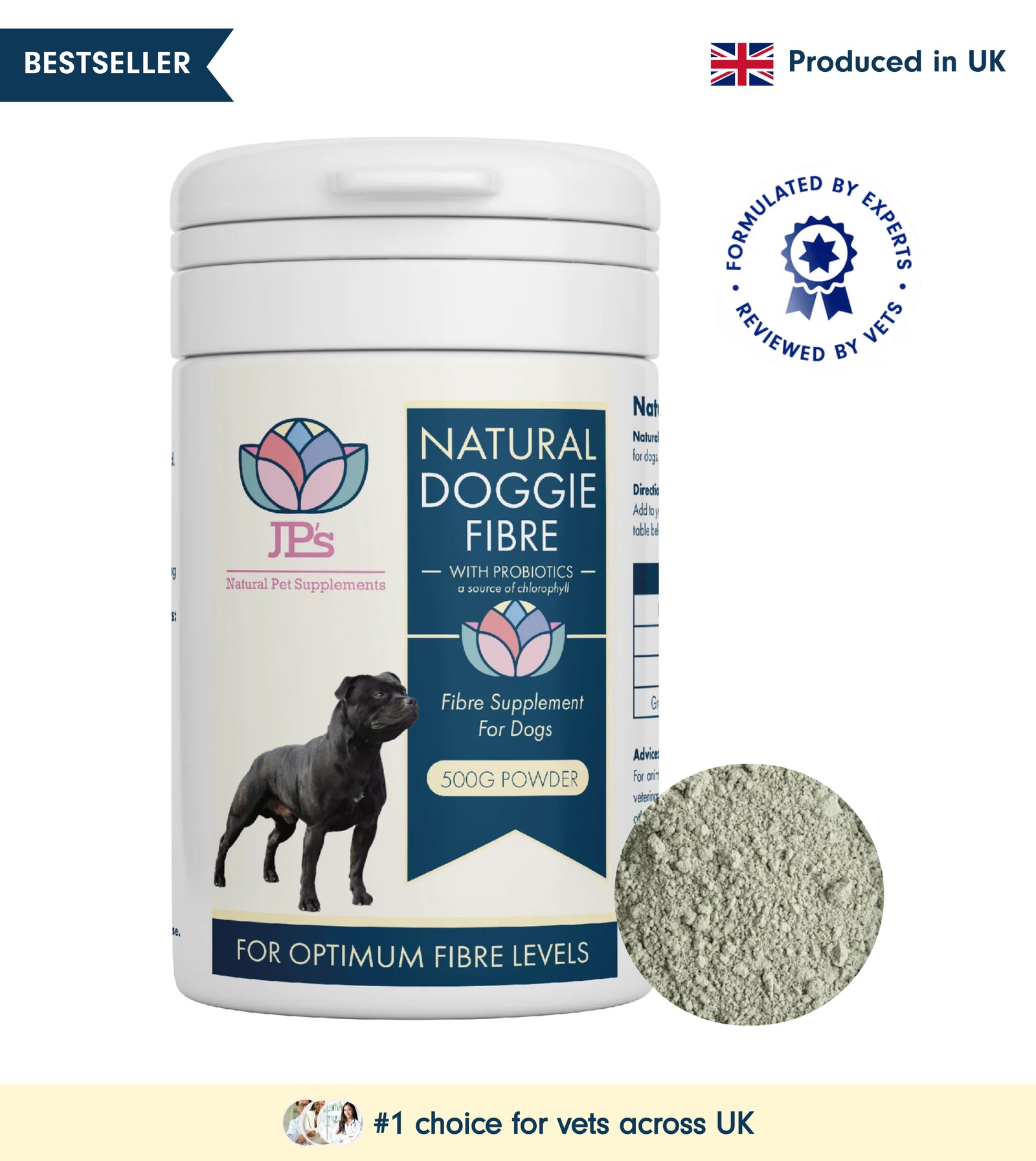
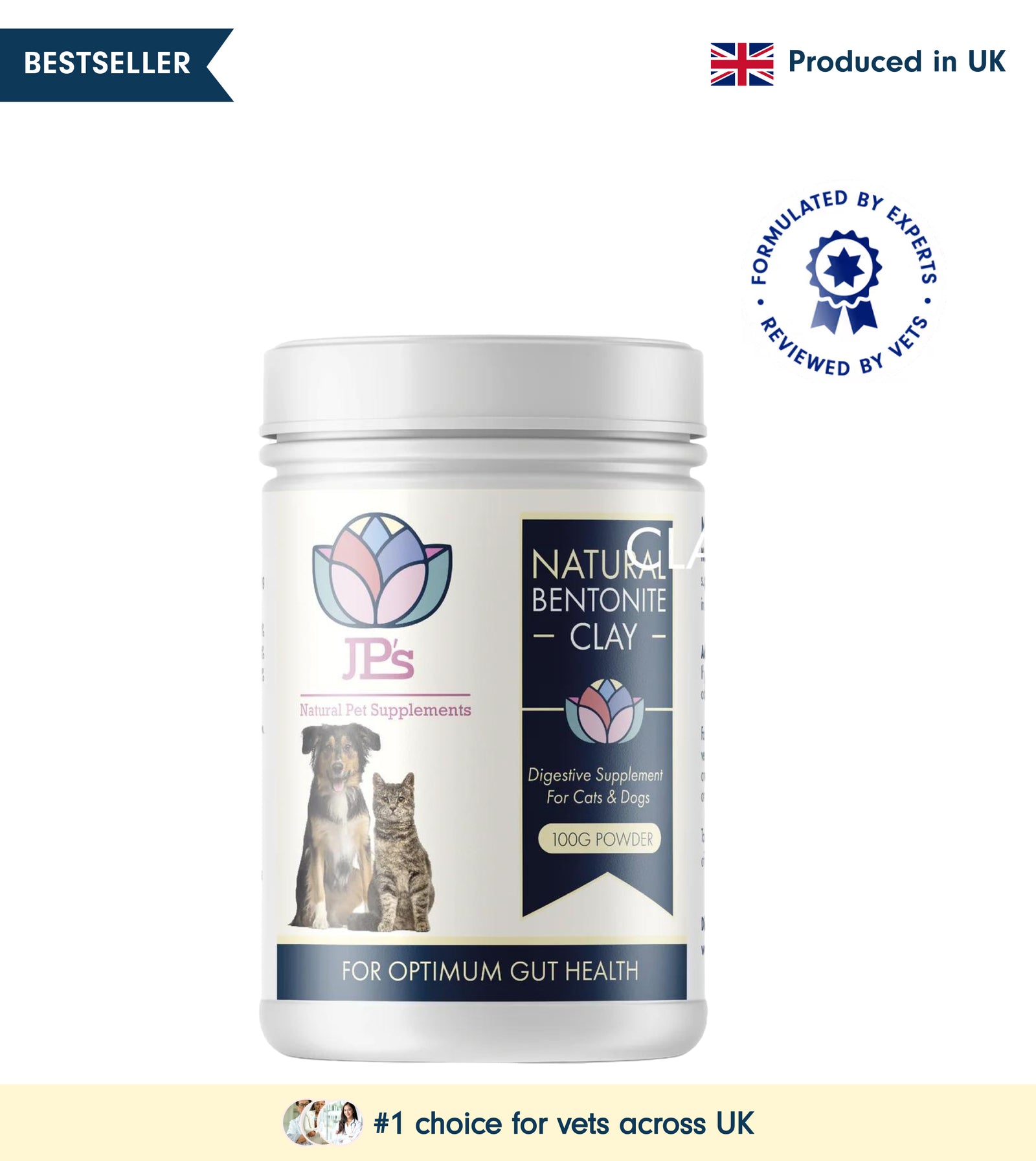
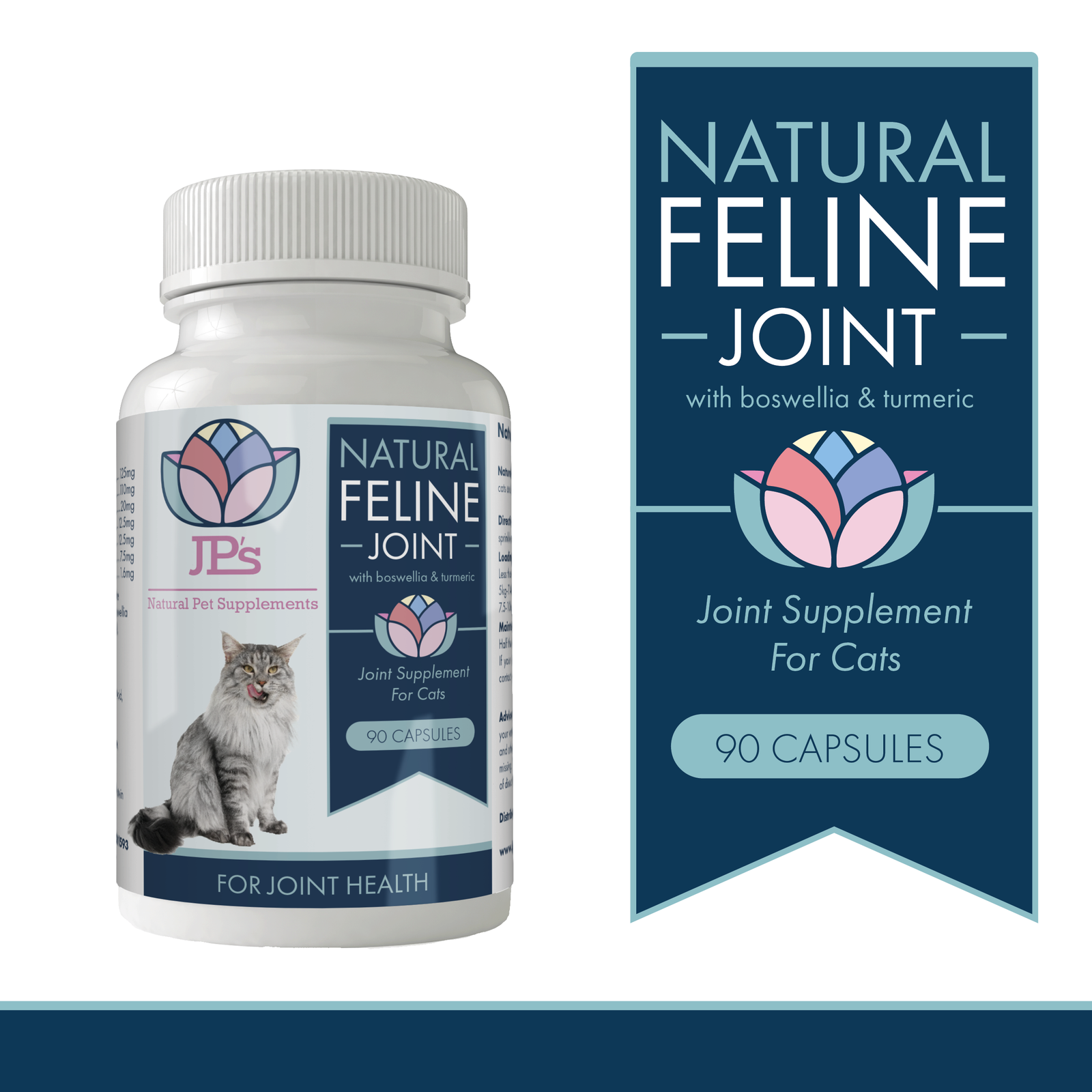
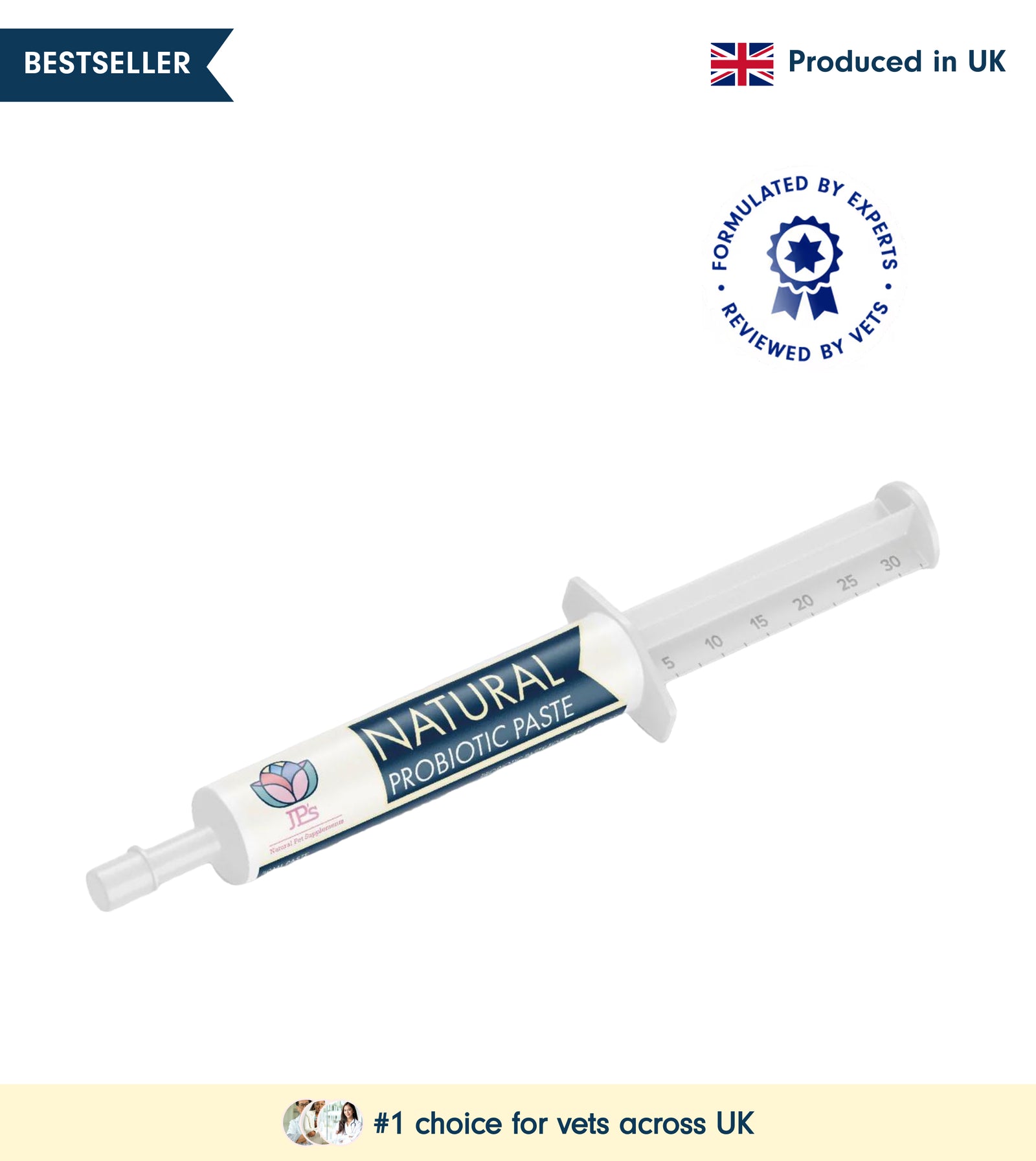
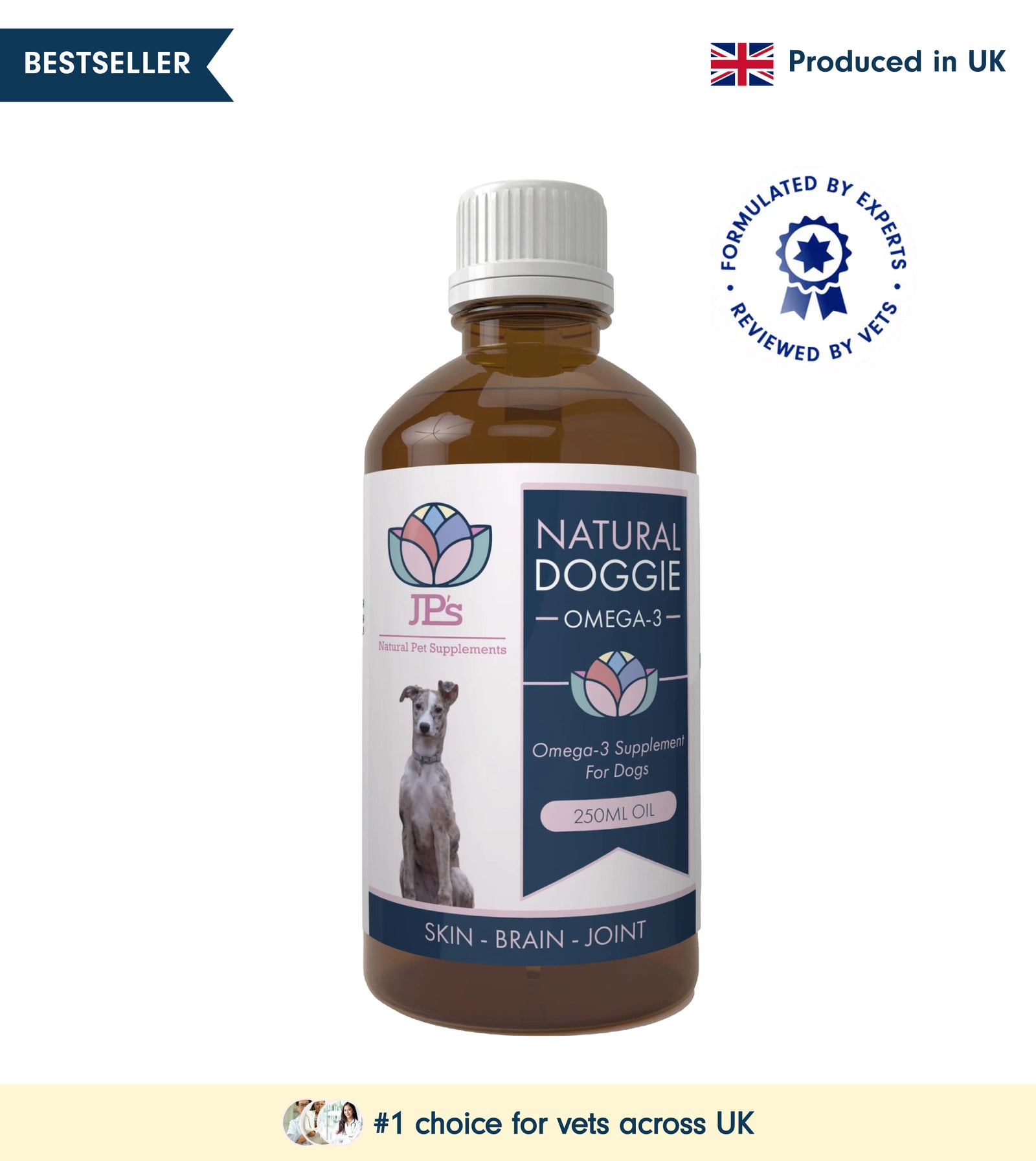
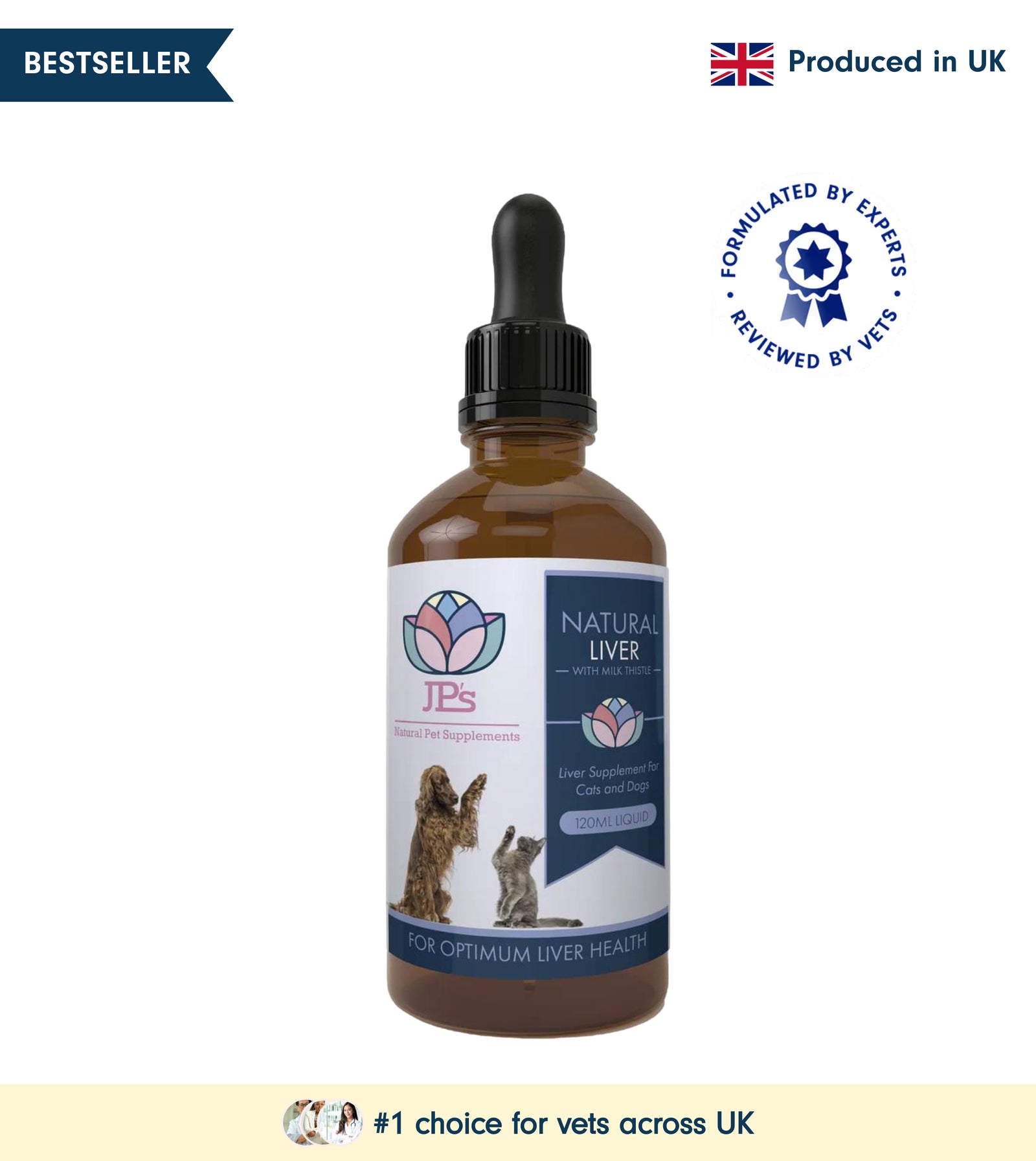
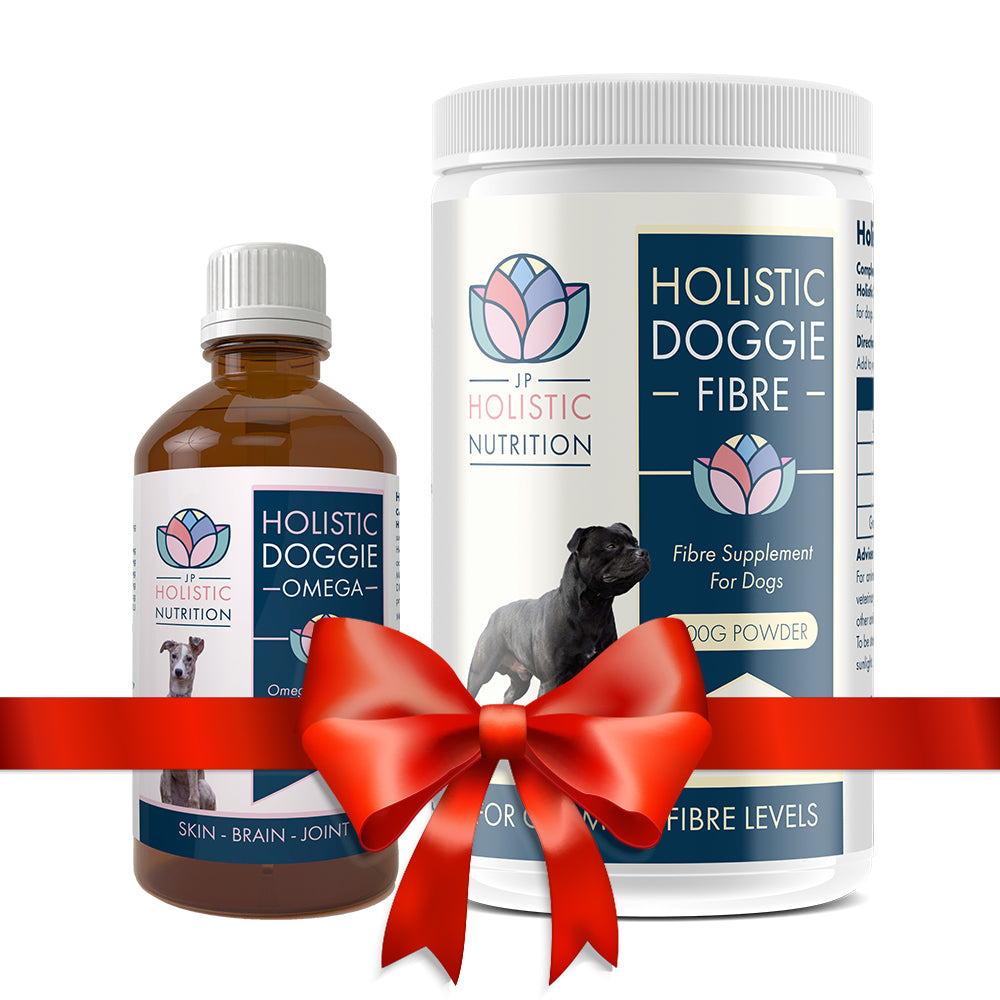
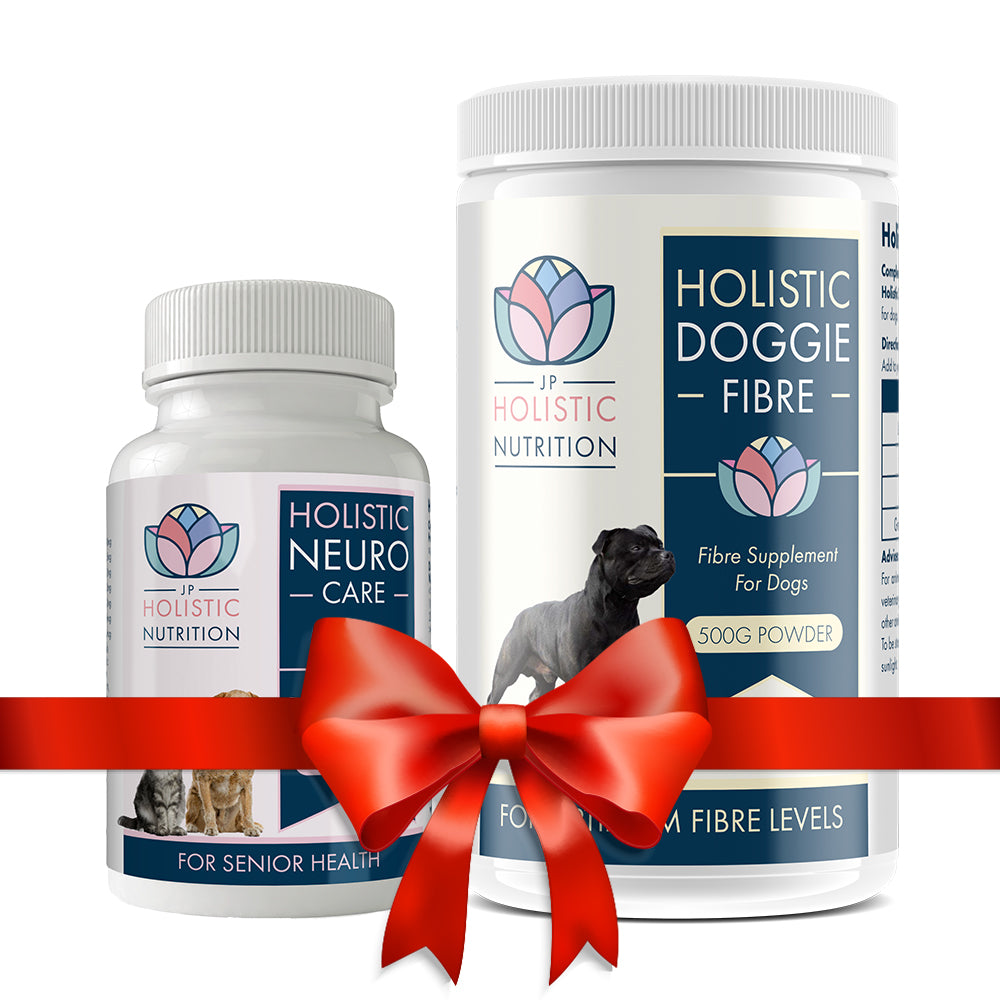
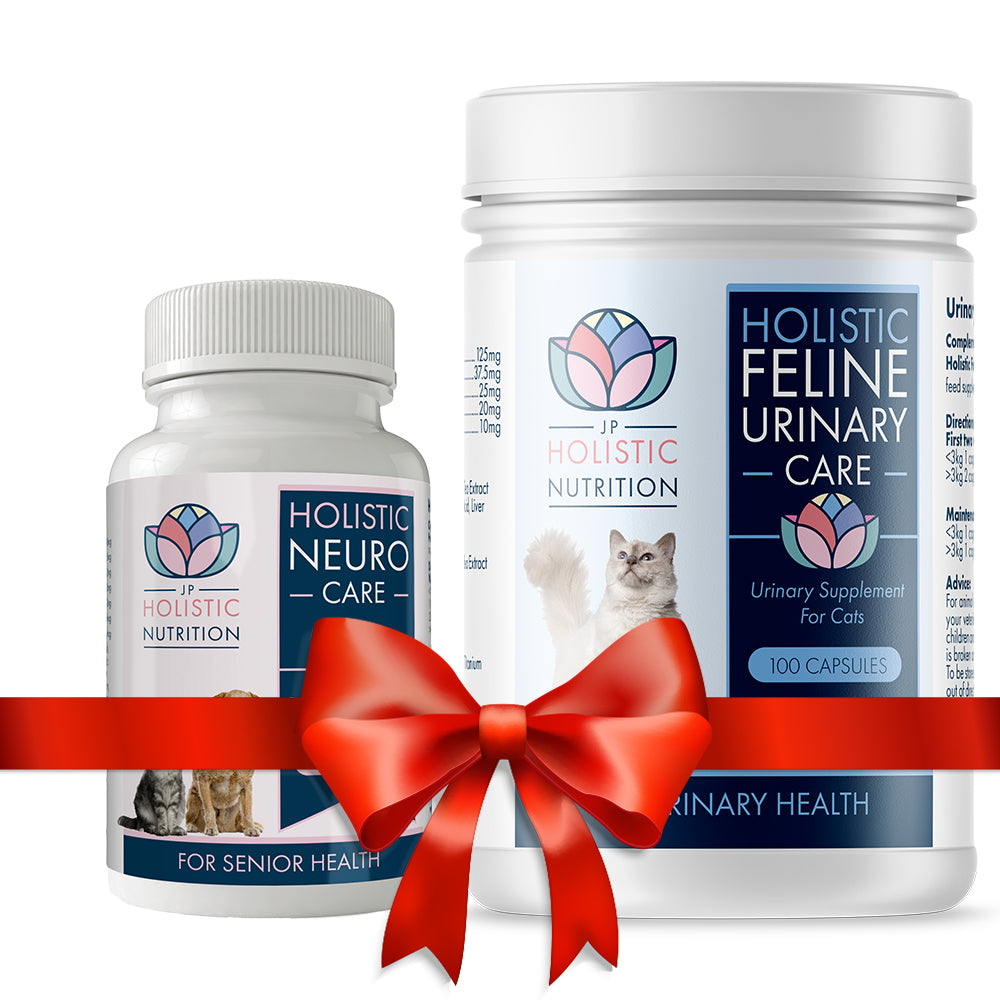
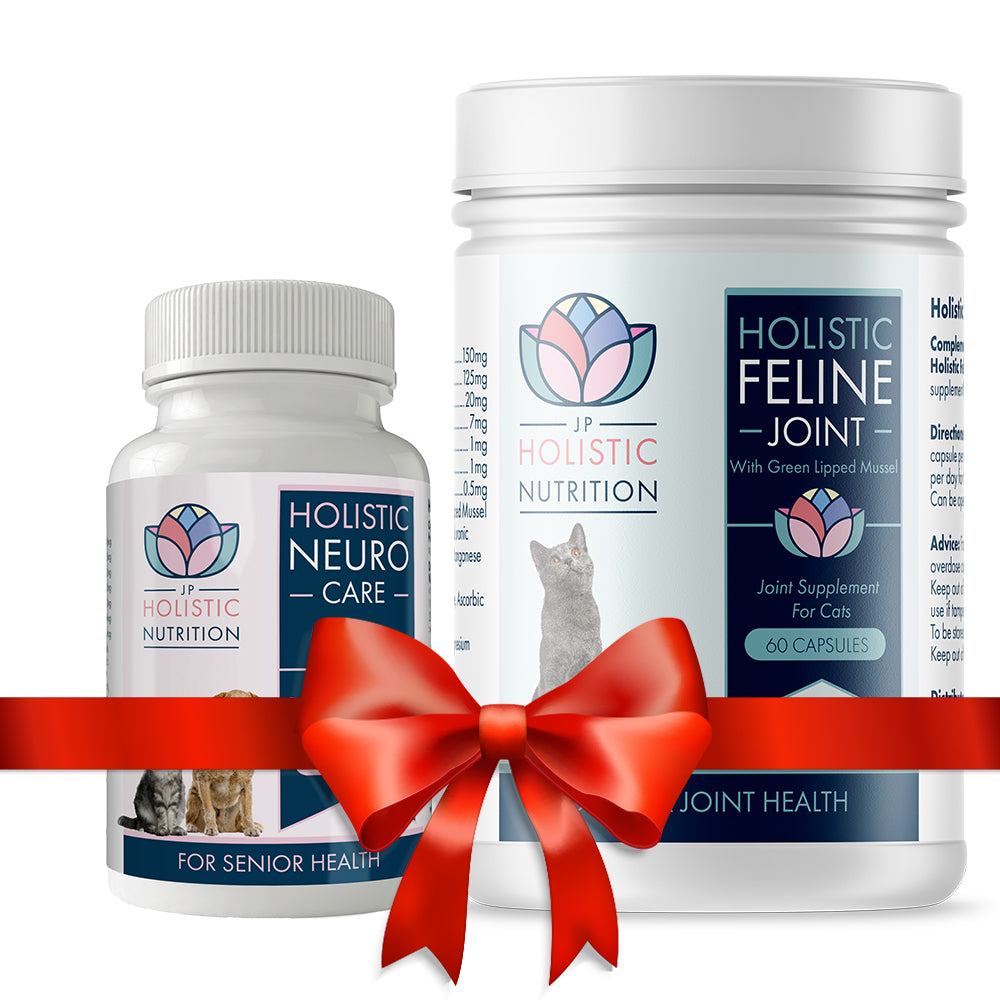







Leave a comment (all fields required)